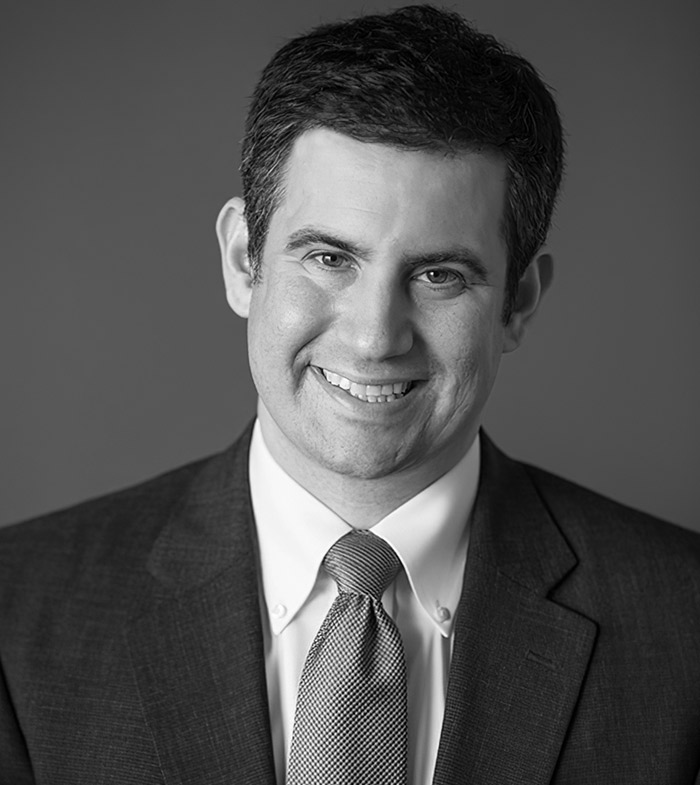Optical Systems Technology, Inc. (“OSTI”) and Knights Armament Company (“KAC”) were the main parties in Knights Armament Company v. Optical Systems Technology, Inc., No. 09-14480, — F.3d. —, 2011 WL 3889156 (11th Cir. Sept. 2, 2011). OSTI and KAC had partnered to sell clip-on night vision devices. OSTI manufactured these devices, however, it needed KAC to market the devices and sell them.
The companies had a positive relationship for many years. OSTI would manufacture the devices and KAC would contract with the government to deliver the devices.
In 2003, a dispute arose over who owned the night vision scope technology. The dispute came to a boil when KAC filed its intent to use federal trademark applications for the marks “Universal Night Sight” and “UNS”. OSTI filed a notice of cancellation seeking to cancel the federal trademark registration for UNS. It filed its own applications for the federal trademarks, which KAC sought to cancel.
In 2007, KAC filed a lawsuit against OSTI. In August of 2008, OSTI filed a second amended counterclaim against KAC as well as its principal. One of the counterclaims it asserted was for misappropriation of trade secrets in violation of the Florida Uniform Trade Secrets Act (“FUTSA”).
KAC moved for partial summary judgment on this claim on the grounds that it was barred by the statute of limitations. FUTSA provides that an action for misappropriation must be brought within three years after the misappropriation has been discovered or by the exercise of reasonable diligence should have been discovered.
In affirming the district court’s grant of partial summary judgment, the Eleventh Circuit described the various evidence establishing that OSTI knew of or should have known of the alleged trade secret misappropriation as early as April 2003, or at least by mid-2004. In OSTI’s own interrogatory answers in response to a question asking when it had become aware of the alleged misappropriation, OSTI stated that it learned through the April 21, 2003 letter from the government to KAC (which OSTI received by e-mail on May 28, 2003), that KAC had attempted to misappropriate its UNS drawings. There was also a February 24, 2004 letter from OSTI’s principal to KAC’s principal seeking assurance that OSTI’s proprietary and intellectual property would not be compromised, as well as a response to this letter which OSTI claimed in the litigation was unsatisfactory. The Eleventh Circuit’s opinion identified other evidence and stated that “it is incredible, through discovery, they damningly admit, on the record, that they knew of or suspected KAC’s alleged misappropriation as early as March 2003. In so doing they lose on this issue.”
The Eleventh Circuit therefore affirmed the district court’s ruling that OSTI’s trade secret misappropriation counterclaim was barred by the statute of limitations as a matter of law. The Eleventh Circuit also affirmed the district court’s rulings on the trademark issues in the case.
Neal Weinrich knows noncompetes and trade secrets inside and out. A shareholder at Berman Fink Van Horn, Neal counsels clients in all industries on matters involving restrictive covenants, trade secrets and other competition-related issues.

